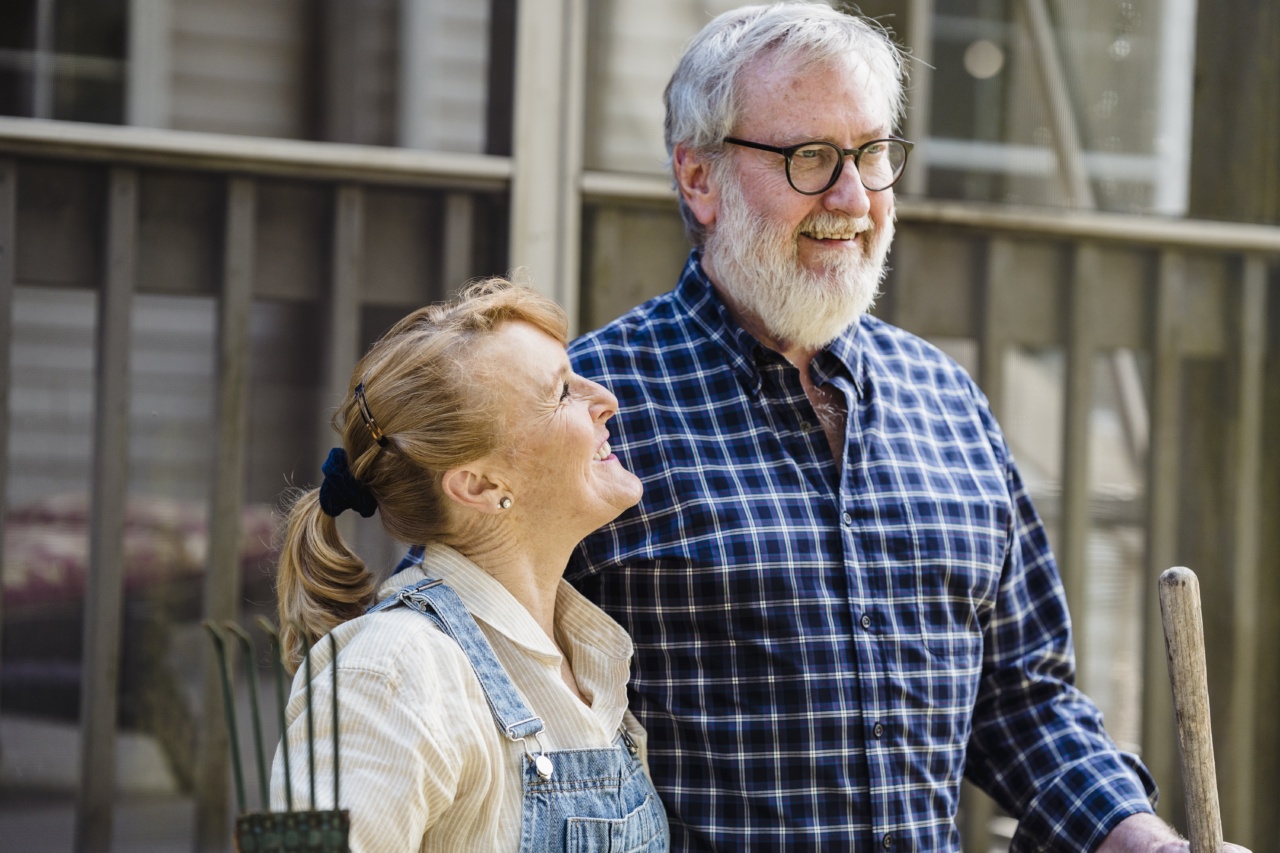In heterosexual relationships, age preferences have long been a topic of interest and discussion. It is often observed that there is a common perception that men prefer younger women, while women prefer older men.
However, is this stereotype really true? Do women universally desire older partners? In this article, we will explore the age preferences in heterosexual relationships and delve deeper into what women truly want.
The Influence of Society and Culture
The age preferences in relationships can be influenced by various societal and cultural factors.
Throughout history, there has been a tendency for men to be valued for their wealth, power, and social status, which could explain why older partners are often desired by women. Traditional gender roles and the expectation that men should be providers might play a role as well.
Evolutionary Biology and Reproductive Fitness
Another perspective on age preferences in heterosexual relationships comes from evolutionary biology. According to evolutionary theory, women seek partners who can provide them with resources and stability to ensure the survival of their offspring.
In this context, men who are older and more established may be seen as more desirable.
Psychological Factors
Psychological factors also play a significant role in age preferences. It has been suggested that women often mature faster than men, leading them to seek older partners who are perceived to be more emotionally stable and compatible.
Additionally, older partners may offer a sense of security and mentorship, which can be appealing to women.
Individual Differences
While some general trends may exist when it comes to age preferences in heterosexual relationships, it is crucial to recognize that individual differences play a significant role.
Not all women are attracted exclusively to older partners, and preferences can vary based on personal experiences, values, and goals in life.
The Myth of Universal Preferences
Contrary to the stereotype that women universally prefer older partners, research suggests that age preferences can be more nuanced and complex.
Studies have shown that many women value qualities such as kindness, intelligence, sense of humor, and shared interests over age.
The Role of Attraction
Physical attraction plays a crucial role in romantic relationships. While age can be a factor in determining attraction, it is not the sole determinant.
Many women are attracted to partners who possess vitality, energy, and good health, regardless of their age.
Changing Perspectives
With societal progress and changing gender roles, attitudes towards age preferences have also shifted.
Women now have more opportunities for career advancement and financial independence, reducing the need to seek older partners solely for security or stability.
Love and Connection
Ultimately, what women want in heterosexual relationships extends beyond age. Love, emotional connection, trust, and shared values are among the essential elements that women seek.
While age can be a factor in partner selection, it is just one piece of the puzzle.
Communication and Compatibility
Successful relationships thrive on effective communication and compatibility. Women desire partners who can engage in open and honest conversations, support their goals, and share their interests.
Age, while relevant, is secondary to these essential aspects of a healthy and fulfilling relationship.
Conclusion
Age preferences in heterosexual relationships are not as straightforward as popular stereotypes suggest.
While societal influences, evolutionary biology, and psychological factors can shape preferences to some extent, individual differences, changing perspectives, and the importance of love and connection cannot be overlooked. What women truly want goes beyond age, focusing on qualities, compatibility, and shared values.





























